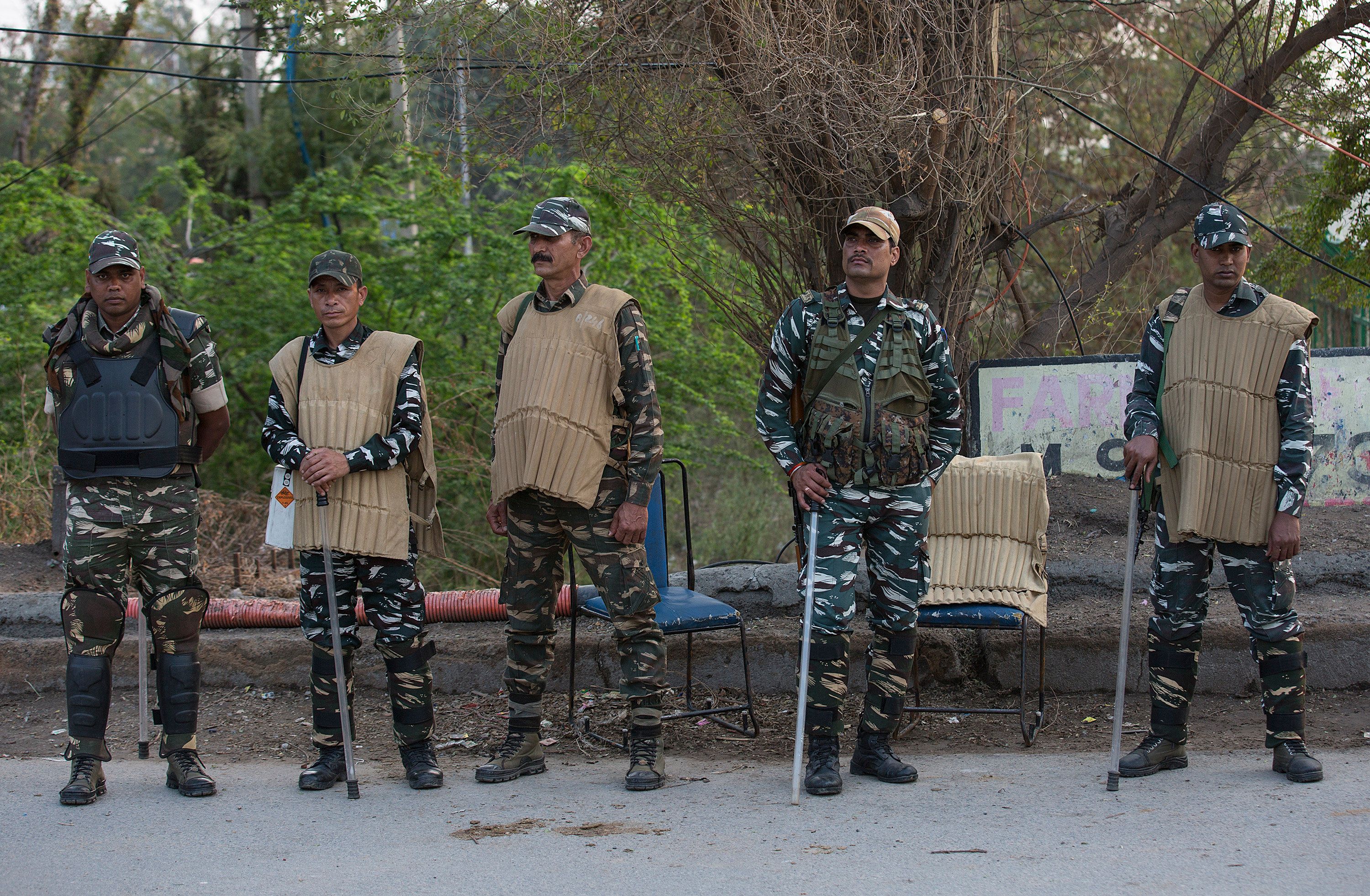Hard Numbers: Police violence in Delhi, Trump's EU ban, Afghanistan's prisoner swap, and doubts about the UN
52: More evidence has emerged illuminating how Delhi's police force, which reports directly to Prime Minister Narendra Modi's government, either participated or turned a blind eye to attacks on Muslims in the capital last month, resulting in at least 52 deaths. This compelling New York Times expose includes footage of police beating and throwing rocks at Muslim demonstrators.
30: US President Donald Trump ordered the suspension of travel from Europe to the United States for a 30-day-period beginning March 13 in order to limit the spread of coronavirus. The European Union said it was caught completely off guard by the announcement, another sign of fraying coordination between Brussels and Washington.
1,500: Afghanistan's Prime Minister Ashraf Ghani has conditionally approved the release of 1,500 Taliban prisoners in order to smooth the path to direct talks between the Taliban and his government. Prisoner releases had been a sticking point in the broader US-Taliban peace deal signed earlier this month.
54: Most Americans think that the United Nations is doing "a poor job" of tackling global problems, with 54 percent of adults surveyed giving the multilateral body a weak job assessment. Despite this evaluation, most Americans – 64 percent – still think the UN should play a significant role in world affairs, according to Gallup.
